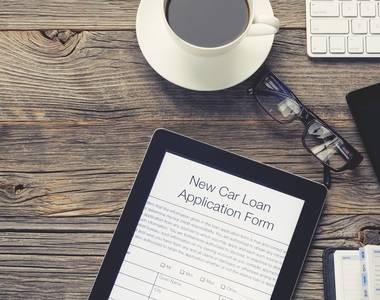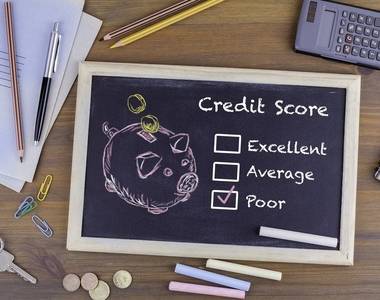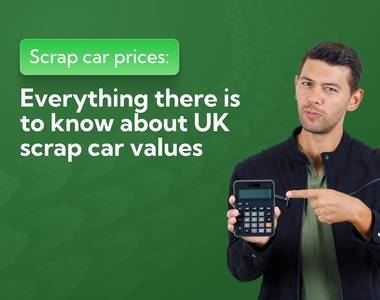Have you considered selling a financed car? Would you like to know if you can part exchange a car on finance? Or, what happens when it comes to handing a car back on finance? Our guide has got you covered.
Car finance can run for a number of years, during which time, your circumstances and motoring requirements can change significantly. So, what happens when it comes to selling a financed car?
Here, we’ll answer some of the most common questions that relate to selling a car with outstanding finance, including:
- Can I sell my car if it's on finance?
- Can I part exchange a car on finance?
- Can I swap my car on a PCP scheme?
- Can you swap finance from one car to another?
We’ll also explore some of the legal issues that it’s important to be aware of when dealing with car finance.
What is car finance?
The term ‘car finance’ actually covers some different buying methods and products. So, an important first step is to understand what the different types of vehicle finance are exactly – and whether or not you have outstanding finance on a car.
In simple terms, car finance is used if someone wants to buy a car but doesn’t have (or doesn’t want to spend) the full price upfront. Different types of finance include:
Hire Purchase (HP)
With a hire purchase agreement, the lender owns the car, and you effectively hire the car from them until the loan is repaid. An HP agreement will usually include an ‘option to purchase’ fee that you’ll need to pay before the loan is settled and the car becomes yours.
Credit Sale
If you’ve bought a car with a credit sale agreement, the vehicle becomes yours legally when the sale was agreed and the paperwork completed. As the owner of the car, you’re free to sell it - and although the lender can’t repossess the car with this type of agreement, they can take legal action to recover the amount owed if you fall into arrears.
Lease or Contract Hire
If you have a lease or contract hire car, the vehicle remains the property of the lender. Although you might be able to change or upgrade your car, you usually won’t be able to buy the car outright – and therefore cannot ever sell a lease or contract hire car.
Personal Contract Purchase (PCP) Plan
PCP plans are the UK’s most common way of buying new cars; they usually come with the options to buy, exchange or return the car when the agreement comes to an end. With a PCP plan, the lender owns the vehicle until you make all payments and any final ‘bubble’ payment is made.
Personal Loan
If you’ve used a personal loan to buy a car the chances are that this is not secured against the vehicle, meaning you should be free to sell the car with no need to settle the agreement. If you’re not 100% certain, call your lender to double check. It’s worth remembering that you’ll still have to pay this amount back, even if you don’t have the car.
Logbook loan
A ‘logbook loan’ is a different type of car finance – taken out after a car is purchased, rather than to help with the purchase. A logbook loan provider will lend money with a person’s car as security for that loan, and therefore, this is considered car finance and is paid off if you then choose to sell the vehicle.
Not sure? Check if a car has finance
If you’re still not sure which kind of product you’ve used, calling your lender to check if a car is on finance is a sensible next step. Don’t worry; you’re not alone if you’re uncertain, years can pass with a finance agreement in place, sometimes making it difficult to keep track.
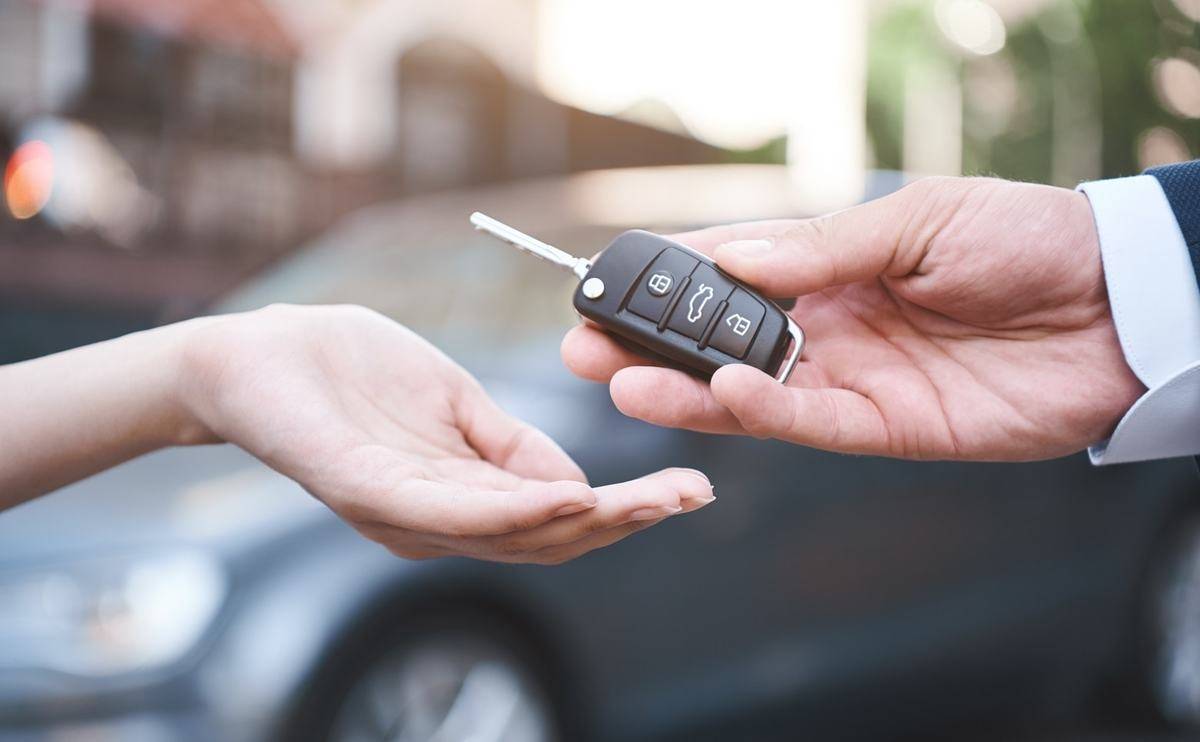
Can I sell a financed car?
You should never sell a car with finance owing against it, and you’d be breaking the law if you did. However, you can sell your car if you settle the finance agreement and become the legal owner – and there are some further options when it comes to handing a car back on finance, or part exchanging a car with outstanding finance.
Next, we’ll explore:
- The legal consequences of selling with outstanding finance on a car
- How to sell a financed car; including selling a car on finance to a dealer
- Trading in a car with outstanding finance
- Whether or not you can return a financed car
What happens if I sell a car with outstanding finance?
For buyers, it’s important to check for outstanding finance on a car and Hire Purchase Investigation (HPI) checks exist specifically to help people avoid buying a car with outstanding finance privately. This protection is in place because it is possible to sell a financed car, even if you’re not the legal owner – but doing so can land the seller in serious trouble with the law.
A vehicle registration document (also known as a V5) will be issued to you when you sign most types of finance agreement. It’s essential for you to have this document so you can arrange insurance and tax, as well as proving yourself as the rightful keeper of the vehicle if the police stop you.
Although you and a buyer can complete the section of your V5 that transfers the car to a new keeper, it doesn’t change who legally owns the vehicle. As such, the finance company will continue to expect payments toward the finance agreement. They will either pursue you or the new owner to recover these payments and, if they don’t get them, they’ll repossess the car. If money is still owing beyond this, they can take you to court to recover it.
If a buyer discovers they’ve bought a car with outstanding finance, you could be charged with fraud – and they could pursue legal action to recover the money they paid for the vehicle. As well as carrying a potential prison sentence, a fraud conviction could severely damage your chances of being offered credit in the future.
Can you transfer car finance to another person?
Since you cannot sell when there’s outstanding finance on a car, a lot of people wonder if you can transfer car finance to another person instead?
Unfortunately, it’s not that simple. When you applied for finance, the lender who offered to provide the credit did so because, after following strict guidelines, they decided you could afford the repayments and were likely to repay the full amount. Therefore, the person you’d like to pass the finance on to would have to apply for credit and follow that process themselves.
How can you sell a car with finance on it?
Since there are significant implications that can come from selling a financed car, if you do want to sell privately, the only option is to settle your finance agreement before the sale.
You have a legal right to end a hire purchase or PCP finance agreement early. These rights will be explained fully in the documents you received when you took your agreement out.
Start by talking to the lender who’s provided the finance. Ask them for a ‘settlement figure’ on your agreement – this is the overall figure that you’ll have to pay to clear the finance, including outstanding payments and any charges or fees that apply. It’s worth noting that this figure will only apply for a short period (usually 14 days), as the fees and interest will change – as will the amount you owe as you make payments.
As soon as you make this settlement payment, the lender will issue a confirmation that they no longer have a legal interest in the car – meaning you’re now free to sell it.
Can I sell my financed car to a dealer?
If you’re not in a position to settle the finance that’s outstanding on your car before selling, you may be able to explore other options with car traders and retailers.
You’ll still need to request a finance settlement figure – but, when you have this, you can talk to retailers about how much they could offer for your vehicle. Often, they’ll be able to deal with a finance company on your behalf, so, rather than give you the money for the car, they’ll pay the finance provider off directly. If there’s an amount left after your finance is settled then the dealer will transfer that to you.
You may have heard the term ‘negative equity’ – although often used when talking about houses, it also applies to cars. If your settlement figure is greater than your car’s value, a trader or retailer will consider you to be in negative equity. Again, this won’t stop you selling the car – but you will need to find the difference between what your car is worth and what the dealer will pay for it, then pay this upfront to the finance company, ensuring the full amount is paid off.
Can you trade in a financed car?
Since more people upgrade or exchange their car rather than sell it, it’s normal to wonder if you can swap your car on PCP, part exchange a car on finance – or transfer car finance to another car.
The answer could be yes, but it does depend on the specifics of your agreement, the company you’re dealing with and the car you’re hoping to upgrade to.
You’ll need your finance settlement figure again; when you’ve got it, the retailer that you’re dealing with may be able to look at the amount you owe and put together a deal on a different car. This package will include settling your current finance and starting a new agreement; attached to a different vehicle.
The retailer will generally deal with this transaction on your behalf – although your current finance company may need your permission to liaise with them. It can sometimes be difficult to part exchange a car with negative equity and whether or not you can depends on the difference between settlement figure and value, and sometimes, whether you can provide a lump sum to help reduce this difference.
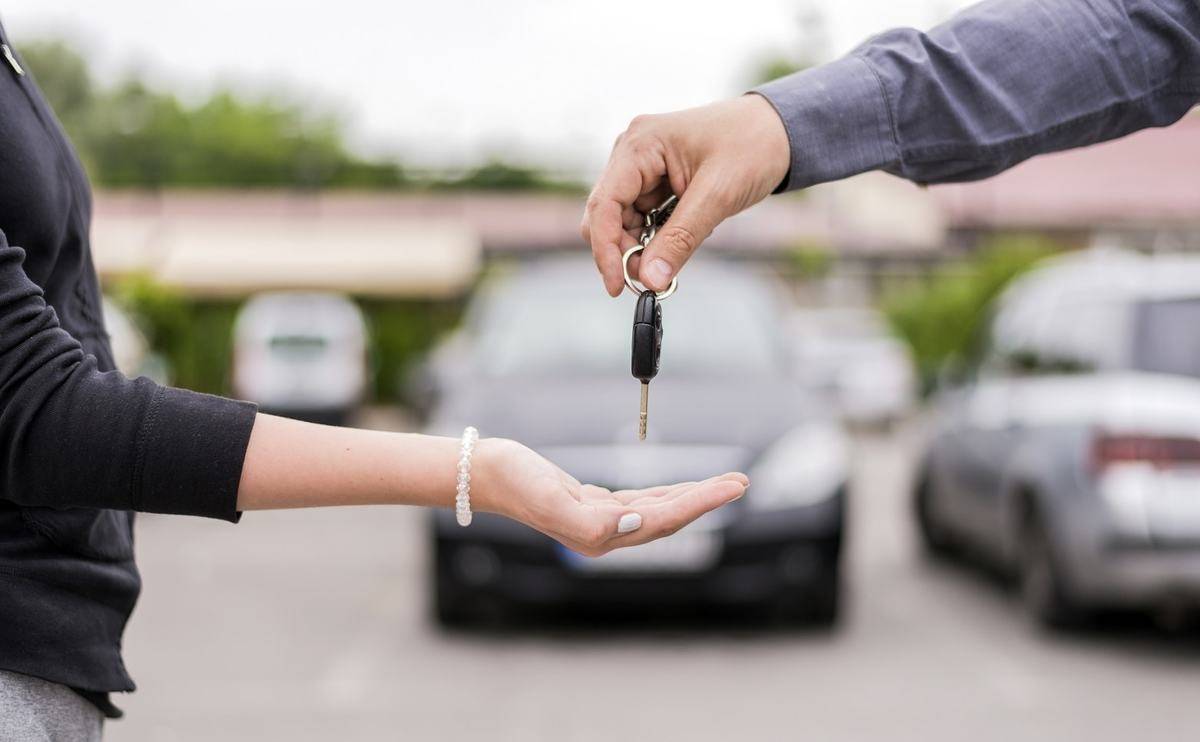
Handing a car back on finance
If your circumstances have changed and you cannot settle your current finance to either sell or upgrade your car, then it can be worth exploring handing a car back to the finance company.
There are different ways to do this, and it’s important that you fully understand each before discussing your specific circumstances with your finance company.
In the terms laid out in Section 100 of the Consumer Credit Act (CCA), handing a car back is referred to as ‘voluntary termination’ of a finance agreement. As long as your final ‘balloon’ payment (if you’ve got a PCP) isn’t due, the CCA protects your right to terminate your arrangement; you’ll only ever be liable for 50% of the total amount repayable, so, as long as you’ve paid more than this, you won’t be charged any additional borrowing fees.
Although you won’t pay additional fees that relate to interest or borrowing costs, you will still have to pay arrears if you owe any – and you may be charged if the car is damaged or has done more than your agreed mileage limit.
‘Voluntary surrender’ of a car is another option – and while it may sound similar to voluntary termination, the two are very different. If you voluntarily surrender your vehicle, you’re effectively letting the finance company repossess it, in the same way they would if you were unable or refusing to pay.
When your car is repossessed, it will be sold – paying off all or some of the settlement figure. As your lender has effectively gone down the route of repossessing your vehicle, you may find large additional charges have been added to your agreement, significantly increasing any debt that’s left over, which you’ll still be legally required to pay.
Voluntary surrender of your car can lead to serious financial repercussions and can severely damage your credit rating. As such, if you’re considering handing your car back, you should always explore voluntary termination as the first option.
What’s the best option for you?
Everyone’s circumstances are different; from the amount you owe, the car you have and the type of finance agreement you’ve signed, to the value of your car and what you’re hoping your next step will be.
There’s no one-size-fits-all when it comes to selling a financed car. It’s important you understand exactly what kind of finance you have and how much you owe. When you have this information, you can decide which next step is going to suit you, your motoring requirements and your finances moving forward.




